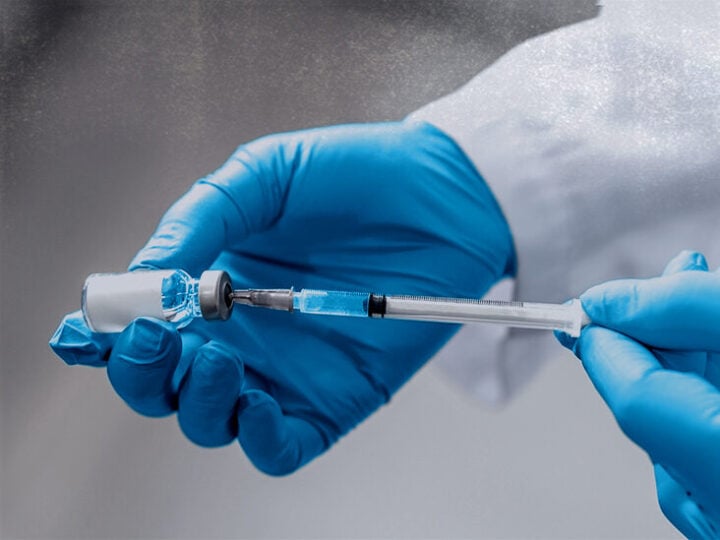A malaria vaccine called R21/Matrix developed by scientists at Oxford University has received approval to be used in Ghana.
TheCable had reported that the vaccine was said to be 80 percent effective in preventing malaria.
The only vaccine currently endorsed for malaria by the World Health Organisation (WHO) is the RTS, S/AS01 (RTS,S) vaccine which is 29 percent effective in preventing severe malaria.
In a statement on Thursday, Oxford University said this is the first time its vaccine has received regulatory clearance anywhere in the world.
Advertisement
The university said the vaccine has demonstrated high levels of efficacy and safety in phase II trials, including amongst children who received a booster dose of R21/Matrix-M at one year following a primary three-dose regime.
“The vaccine has been approved for use in children aged 5 to 36 months, the age group at highest risk of death from malaria. It is hoped that this first crucial step will enable the vaccine to help Ghanaian and African children to effectively combat malaria,” the university said.
“The R21/Matrix-M malaria vaccine is a low-dose vaccine that can be manufactured at mass scale and modest cost, enabling as many as hundreds of millions of doses to be supplied to African countries which are suffering a significant malaria burden.
Advertisement
“The R21/Matrix-M vaccine was initially designed and developed at the University of Oxford and has undergone clinical trials in the UK, Thailand, and several African countries, including an ongoing phase III trial in Burkina Faso, Kenya, Mali and Tanzania that has enrolled 4,800 children. Results from these trials are expected to be reported later this year.”
Adrian Hill, chief investigator, R21/Matrix-M programme, said the approval marks a culmination of 30 years of malaria vaccine research at Oxford.
“I congratulate our superb clinical trial partners in Africa who have generated the dataset supporting the safety and efficacy of the vaccine in children. As with the Oxford-AstraZeneca COVID-19 vaccine, our partnership with the Serum Institute of India has been key to successful very large-scale manufacturing and rapid development,” he said.
Advertisement
Add a comment






